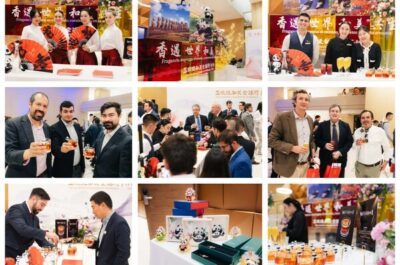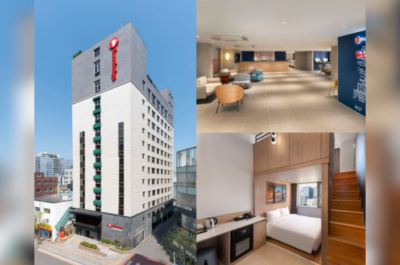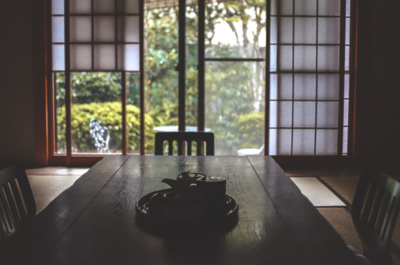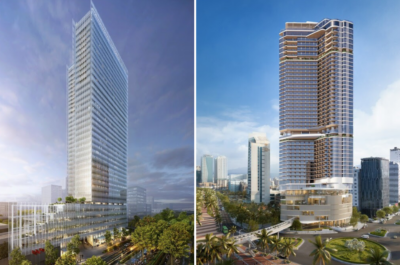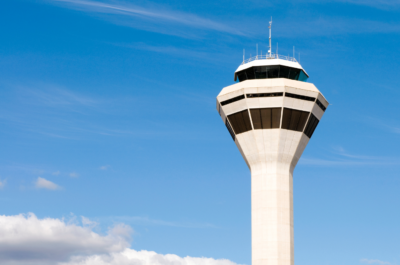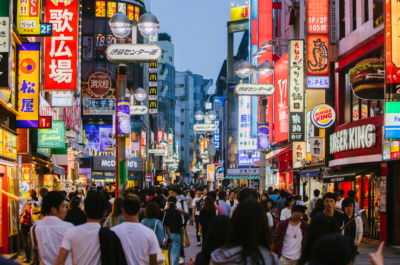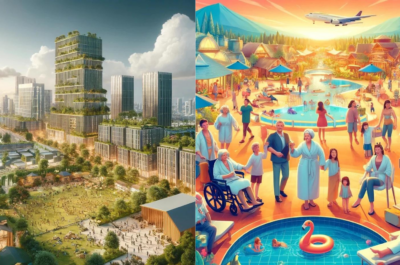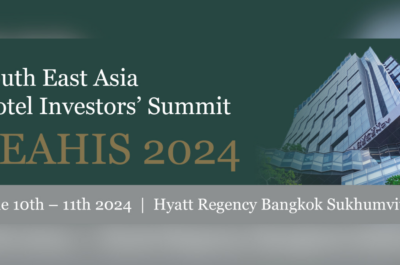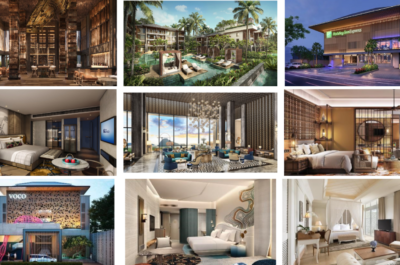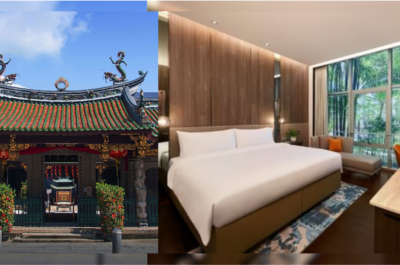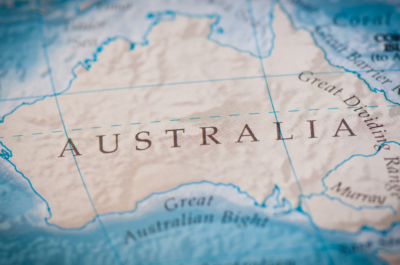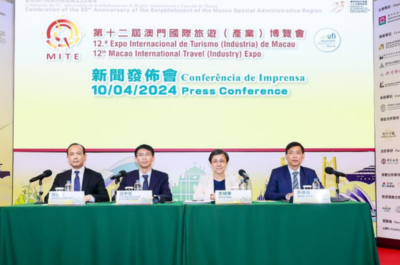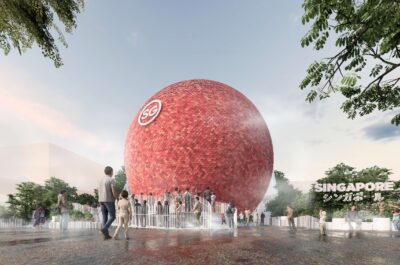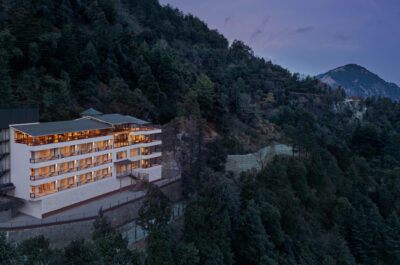…
The past decade has seen exponential growth in luxury hotel spas and spa resorts, due mainly to significant customer demand, and the fact that margins on spa operations are among the largest in the hotel industry.
So what explains this dramatic rise in customer demand? Although many reasons are often cited, many link the growth primarily to aging baby boomers, and the global growth in high net worth individuals, whose stress levels and need for self-actualisation have increased along with their net worth.
In addition, other factors such as the loss of job security have created a worried and time-poor population, in greater need of relaxation and its related health benefits. People are less formal and ‘younger’ in mind and spirit than they were 10 years ago, with many focusing on personal appearance to remain youthful.
The growth of terrorism has created a shift to more philosophical ways of thinking and greater introspection. Overall, the clutter of today’s world is creating a need for simplicity, and peace of mind.
As a result, today’s luxury traveller is seeking new life structures: authentic and life-enriching experiences – with a shift from fundamental needs, to higher needs and wants. This means that the demand for restorative and healing services provided by spas is likely to continue to grow exponentially over the coming decade.
In addition, spiritual practices such as meditation and yoga are more likely to appeal in future as part of the spa programme. The avoidance of gimmicks, over-commercialisation, and poorly trained therapists is important to avoid turning off the new luxury spa customer seeking an authentic experience. Most importantly, the adoption of a holistic approach to resort and spa design is essential to complement the overall philosophy of a spa as a healing and regenerative centre.
Some key principles of holistic resort and spa design include:
Regenerative Spa Design – in which spas are designed in harmony with their natural and cultural environments, by using local resources, and creating systems that continue to evolve and self-replicate. Water, the core essence of both ancient and modern spas, is recognized as the most precious resource, and ways are developed to ensure that it retains its purity and integrity over the long-term. Truly regenerative spa design creates an integration between body and spirit, through the application of sacred geometric principles in the architecture, plentiful use of natural light, non-toxic building materials and furnishings, and flow of fresh air. The Golden Door Spa at Boulders, Colorado, is an example of how both an environment, as well as restorative treatments can result in optimum healing and regeneration.
Local Holistic Treatments, based on the principle of sacred healing of mind, body and spirit. The use of healing and soothing techniques sourced from the local area is ideal, as well as the avoidance of ‘gimmicky’ imported treatments that local staff are not always trained to administer. At the Maroma Resort and Spa on the Riviera Maya, Mexico, the traditional Mayan culture plays an integral role in the treatments and overall design of the resort. Maroma’s location – between jungle and ocean – also supports the restorative process, and in keeping with Mayan philosophy, each building and treatment room of its Kinan Spa has been aligned to the stars to ensure positive energy flow, to create harmony between body, mind and spirit.
Restorative Interior Designs, reflecting the environment and using natural materials such as raw silks, linens and wool, and through colour, texture and sensitive lighting. A holistic design system creatively blends colour, harmony, balance, proportion and style, creating a personal resonance that restores body and soul. An example of how the local environment is mirrored in the interiors can be seen at the Spa at Pebble Beach, which was designed to reflect the rich and vibrant colours of the Spanish colonial era.
Natural Settings, that allow visitors to experience nature and reconnect with its power and beauty. La Residencia in Mallorca’s Spa features private outdoor massage areas, with sweeping views of the mountains and the charming village of Deia. The Bora Bora Lagoon Resort’s Maru Spa is set in the branches of two giant Banyan trees, overlooking the magnificent lagoon. Within this natural environment, visitors experience a profound sense of peace and relaxation and are able to reconnect with the earth’s natural energies.
Wellness Programs that include information on how to create and maintain a long-term healthy and balanced lifestyle. Consumers are no longer content with short term pampering but want to extend their healthy programs into a daily routine, turning the spa experience into a lifetime program.
A blend of mainstream and spiritual treatments, which would include classic spa treatments such as massage, reflexology, yoga and other healing and relaxing programs with more esoteric practices such as meditation and reiki, to cater for the growing demand in spiritual as well as physical restoration and balance. Along with its range of classic treatments, the Spa at Pebble Beach also offers the option of Reiki, whilst Maroma offers classes in yoga and ‘Sun salutations’ meditation.
Collaboration between western and eastern practitioners, which provides the customer with a more balanced program of services. Whilst the two fields have traditionally lacked knowledge of each others’ services, the more progressive doctors are starting to embrace complementary therapies, or recommending them, which can provide a balance for alternative practitioners, who can sometimes lack fundamental knowledge of conventional principles.
Holistic Spa Cuisine including the use of indigenous foods, as well as organic vegetables, and dairy alternatives to provide healthy, holistic meals. People are generally more aware of the impact of food on health, and are concerned about issues such as genetically modified foods, additives and preservatives. At Maroma Resort and Spa, healthy spa cuisine insipired by Yucatan traditions complements the overall experience.
Time-honored and traditional healing principles are also key. For example, CHI, the spa at the Shangri-La Hotel in Bangkok, was recently named the ‘Best New Spa’ at the 16th annual TTG Travel Awards. The spa’s name is based on the Chinese philosophy that believes that ‘Chi’, the universal life force, must flow freely within the body to ensure optimum health and vitality. Spa treatments creating movement to ‘unblock’ stagnant Chi energy – such as massage, stretching, and exercise for the body, and meditation for the mind – all contribute to creating a harmony between the body’s Yin and Yang, and ultimate balance.
A spa’s main purpose is to heal and nourish mind, body, and spirit, so accordingly, the adoption of holistic spa principles will ensure the long-term success of the spa industry.
“Natural design principles create living environments that align mind, body, and spirit, and generate a profound personal resonance,” says Ali Mahinfar, Head Architect at Zimmer Associates International. “This balance produces, in turn, satisfied customers who will return time and time again seeking ultimate relaxation and peace of mind.”
The spa resort industry is currently estimated to be worth $20 billion, and is considered to be still in its infancy. A balanced, holistic approach, involving authentic design and service principles, will ensure that it continues to see exponential growth for many decades to come.
About the authors: Robert D. Zimmer is the CEO of Zimmer Associates International,international architectural and design firm specialised in holistic resort and spa developments. ZAI has designed the interiors of some of the world’s most exclusive spas and resorts, including Maroma Resort & Spa, Machu Picchu Sanctuary Lodge, Peru, La Residencia, Mallorca, Taj Palm Island Jumeirah Crescent, Dubai, and the Mansion on Turtle Creek, Dallas. He can be contacted on rzimmer@zai-us.com. Angela Clarke is the Managing Partner of Lumiere Associates Ltd, a UK-based strategic marketing and public relations consulting firm specialised in the luxury hotel and travel sector.
